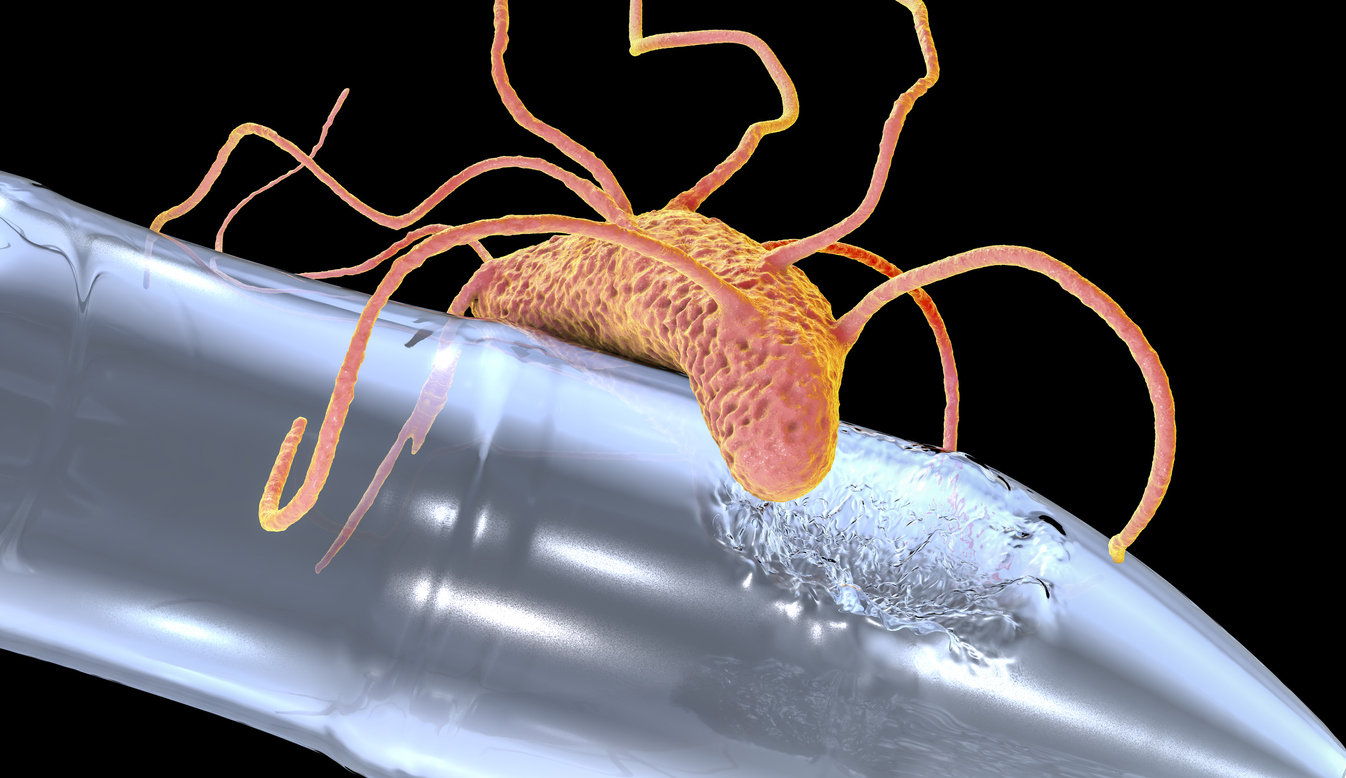
GM Bacteria to Fight Ocean Pollution by Breaking Down Plastics in Saltwater
September 20, 2023| |
Researchers from North Carolina State University have successfully engineered a marine microorganism that can break down polyethylene terephthalate (PET), a highly recyclable plastic that is a major contributor to plastic pollution in the ocean.
The researchers worked with two species of bacterium, Vibrio natriegens and Ideonella sakaiensis in conducting the experiment. A sequence of DNA from I. sakaiensis that is responsible for the production of enzymes that can break down PET was taken and incorporated into a plasmid, genetic sequences that can replicate in a cell.
The plasmid containing the I. sakaiensis genes is then introduced into the V. natriegens bacteria, a bacterium that thrives and reproduces quickly in saltwater. Results of the study show that the genetically engineered V. natriegens was able to break down PET in a saltwater setting.
Nathan Crook, the corresponding author, says that this is the first time that V. natriegens was able to express foreign enzymes on its cell surface. Similarly, Tianyu Li, the first author of the paper, says that this is also the first genetically engineered organism to break down PET microplastics in saltwater. With the promising findings of the study, genetic engineering has the potential to mitigate the issue of plastic accumulation in saltwater environments.
For more information, read the article from AIChE Journal.
| |
You might also like:
- Bioengineered Bacteria to Produce Electricity from Wastewater
- Texas A&M Researchers Engineer Good Bacteria to Aid in Combating Disease
- Cow's Gut Microbes Can Degrade Three Types of Plastics
Biotech Updates is a weekly newsletter of ISAAA, a not-for-profit organization. It is distributed for free to over 22,000 subscribers worldwide to inform them about the key developments in biosciences, especially in biotechnology. Your support will help us in our mission to feed the world with knowledge. You can help by donating as little as $10.
-
See more articles:
-
Plant
- Microbial Genes Provide High Glyphosate Resistance and Low Glyphosate Residues in Maize
- Rice Scientist Receives 2023 Norman E. Borlaug Award for Field Research and Application
- International Conference Highlights Importance of Biotech Communication
- Kenyan Journalists Feted for Outstanding Reporting on Agri-Biotech
- ASCA6 Focuses on Crop Improvement Technologies, Biotech Stewardship, and Communication Strategies
-
Animal
- Report Forecasts 7% Annual Growth of Animal Biotechnology Market
-
Health
- Japanese Researchers Introduce a Novel Gene Editing Technique
-
Environment
- GM Bacteria to Fight Ocean Pollution by Breaking Down Plastics in Saltwater
-
Read the latest: - Biotech Updates (February 18, 2026)
- Gene Editing Supplement (January 28, 2026)
- Gene Drive Supplement (February 22, 2023)
-
Subscribe to BU: - Share
- Tweet

